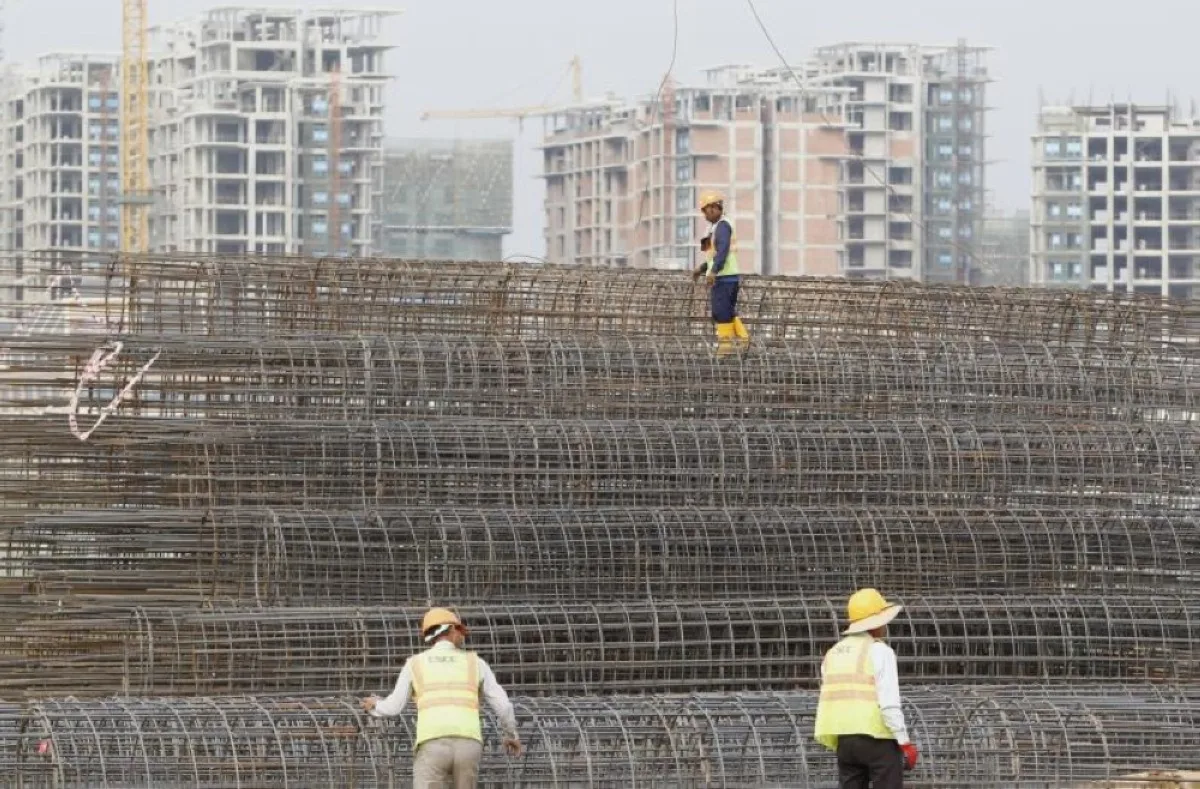Cambodia scraps $1.5 billion coal project
PHNOM PENH, Cambodia: Cambodia is scrapping plans for a $1.5 billion coal project as crunch climate talks get under way in Dubai, the country’s energy minister told AFP on Wednesday.

Keo Rottanak said Cambodian Prime Minister Hun Manet would announce the cancellation on Thursday.
Phnom Penh would instead consider building a terminal for importing liquefied natural gas (LNG). “Cambodia is fully committed to doing whatever it can to achieve net zero by 2050,” Rottanak said in a text message. “Our first stop before that is at least 70 percent renewables by 2030 with energy efficiency and electrification programs as part of the integrated strategy.”
The 700 megawatt Botum Sakor plant had been planned on land in a protected reserve along the southwest coast of Koh Kong province. Its cancellation will be announced by the prime minister during a groundbreaking ceremony for a hydropower dam in the same region, Rottanak said, and is intended to send a message to countries at the COP28 discussion. Nick Marx at the forest and wildlife conservation NGO, Wildlife Alliance in Cambodia welcomed the “great” news, and said the decision should be followed by others.
“If we are going to avert the disasters that lie ahead, all countries must play their part,” he told AFP. Cambodia had previously pledged it would not develop new coal plants, though it said it remained committed to existing plans, including the Botum Sakor facility and another in the country’s north. The two-unit Botum Sakor plant had been due to come online around 2025, according to Global Energy Monitor’s coal plant tracker.
In December 2021, the country published its roadmap to achieving net zero carbon emissions by 2050. It includes a pledge to boost renewables, which already account for much of its electricity generation thanks to hydropower, as well as investments in LNG import, storage and infrastructure.
Coal generated 35.5 percent of Cambodia’s electricity in 2022, according to the country’s electricity authority, with hydropower accounting for nearly 54 percent. – AFP.











